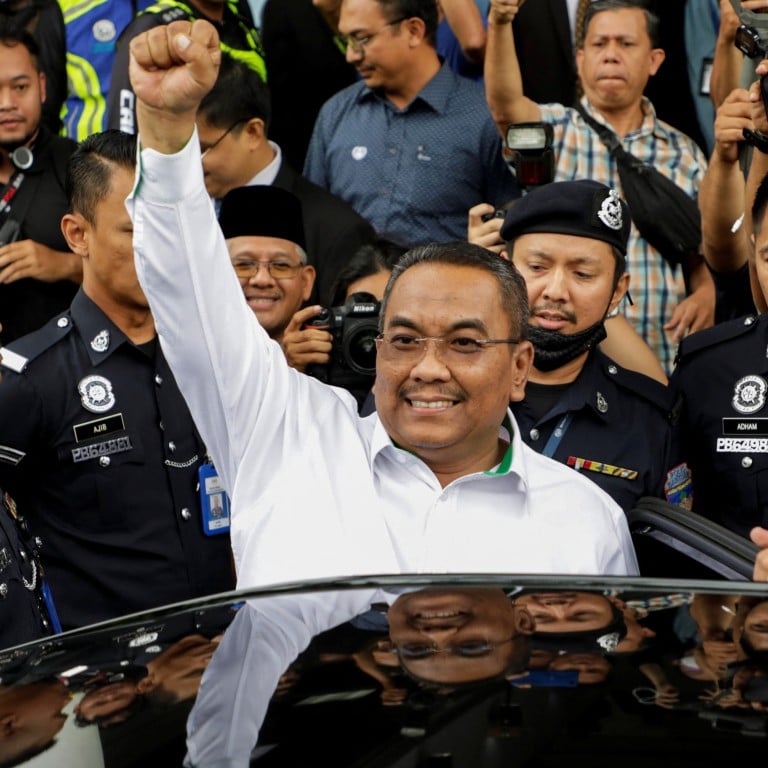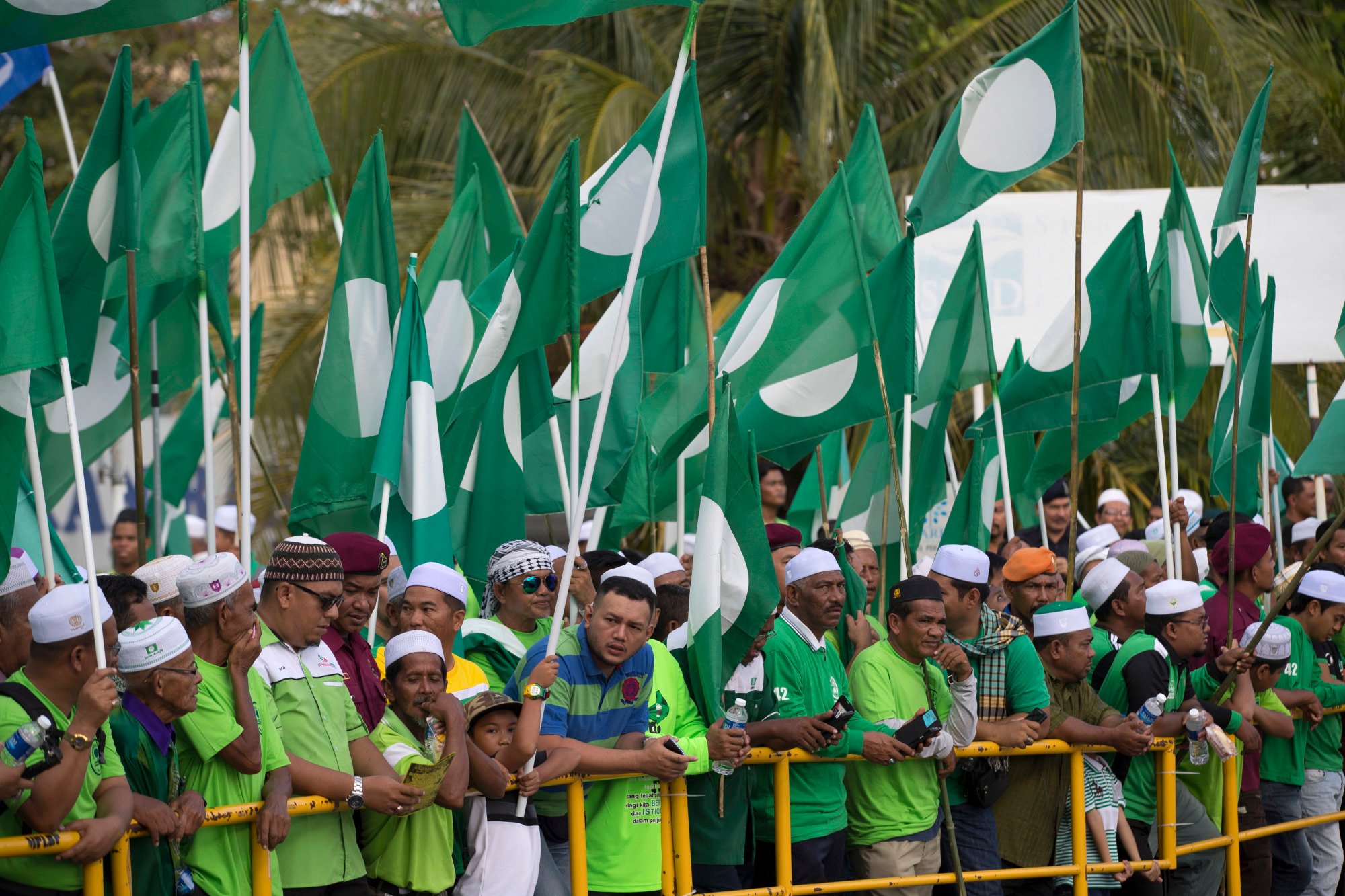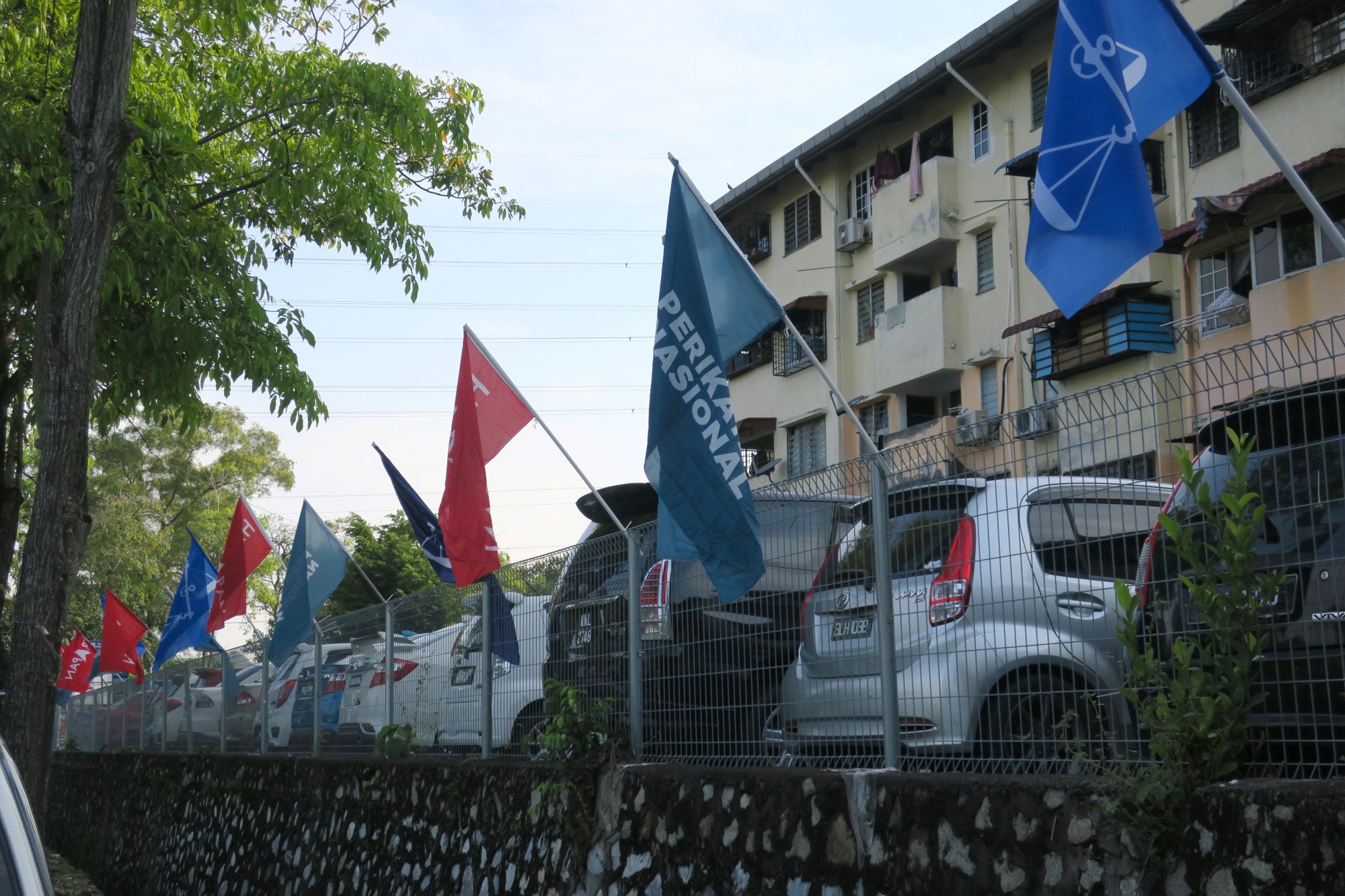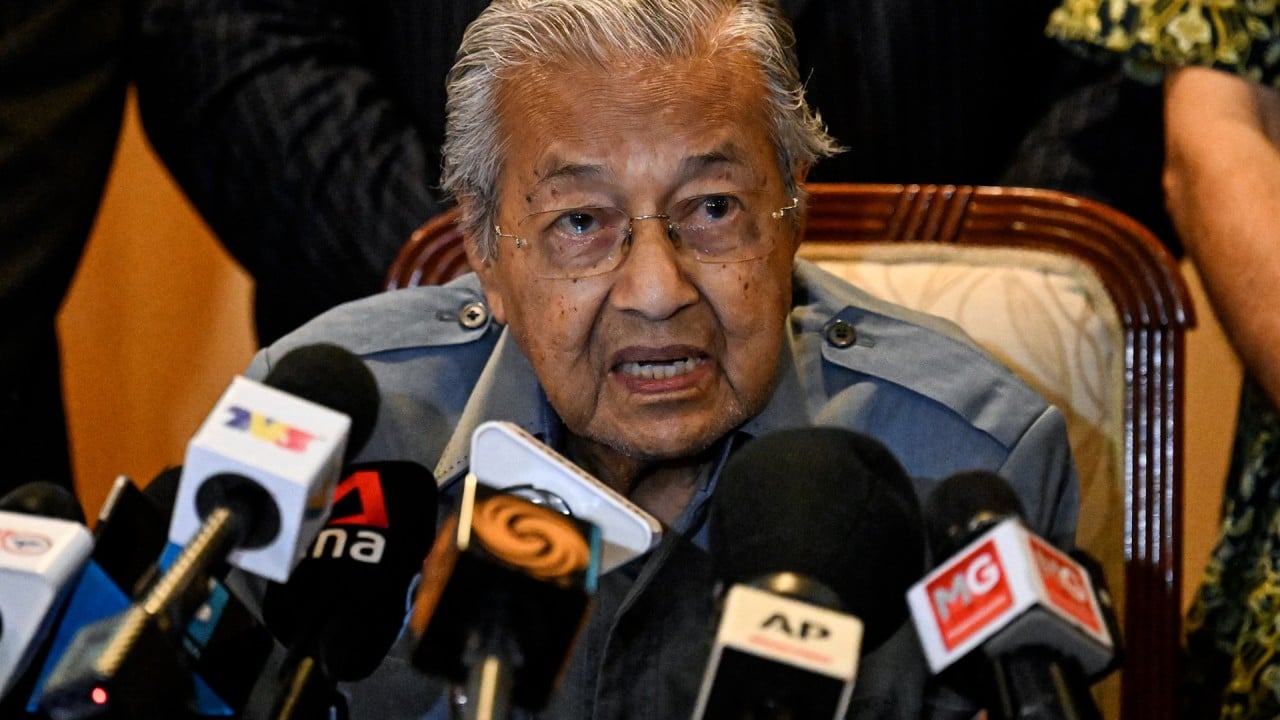
In Malaysia’s rice bowl Kedah state, PAS’ Sanusi takes on Anwar’s allies with all guns blazing
- Kedah, with a history of being a swing state, will be an indicator if PM Anwar Ibrahim has regained the trust of the key rural Malay electorate
- Anwar is set to test his experiment with Umno, now part of his unity government, and allow the party to lead the cavalry in Kedah
The Cowboys is one of a few Westerns where John Wayne’s character is gunned down in his own feature film. In this 1972 coming-of-age story, Wayne’s ageing rancher is ready to embark on a long cattle drive when his crew abruptly quits to join a gold rush.
He is forced to hire a group of schoolboys, who have their mettle tested when a gang of cattle thieves targets the herd. Wayne reminds one of the boys that taking responsibility is more than just talk: “A big mouth don’t make a big man.”

Like Wayne’s characters, Sanusi is unafraid to draw his gun and challenge his opponents head-on. His decision to ban gambling and clamp down on alcohol has made him very popular in a state where more than 80 per cent of people are Muslims.
Anwar’s Pakatan Harapan (PH) coalition had pledged in its past two election manifestos to repeal or revoke the sedition law.
Who is PAS, the single biggest party in Malaysia’s new parliament?
Despite PAS leading the PN bloc to win 14 out of the 15 parliamentary seats in Kedah, it would be wrong to paint the state’s voters as a homogenous group driven solely by race and religion.
In fact, Kedah has a history of being a swing state. Since 2008, voters have chosen three different governments: Barisan Nasional (BN), PH and PN. This, arguably, reflects the “rebel” spirit in Westerns, where party loyalties stop at the polling box.
It is not uncommon to see Kedahan’s love for cowboys as you drive across the state and see restaurants, markets and ranches named “cowboy” or colloquially spelled koboi. John Wayne’s image of rugged masculinity, individualism, self-reliance, and the broader use of themes such as justice and freedom in Westerns resonate strongly with the state’s popular culture as many are economically deprived and often feel distant from the country’s development.
Malaysian conservatives target bikinis, booze, gambling as tourists return
A state in the north of Peninsular Malaysia, Kedah is blessed with rolling rice fields that extend to the horizon; its harvests responsible for nearly 37 per cent of the country’s rice production. However, it remains Malaysia’s fourth-poorest state.
The World Bank’s Malaysia Economic Monitor in June last year said that Kedah was among the country’s states that will not develop into high-income economies, years after Malaysia made the transition on the national level.
The state’s average growth was less than 5 per cent over the last three decades, due in part to weak human capital development and sluggish manufacturing. In 2020, Kedah’s poverty rate was 12.7 per cent, higher than the national poverty rate of 8.4 per cent.
A report released by Malaysia’s Department of Statistics in July showed that the monthly median household income at the national level was 6,338 ringgit (US$1,391) in 2022. In Kedah, 43.8 per cent of households earn below 4,000 ringgit.

The Kedah state election will be an important indicator if the prime minister has regained the trust of the key rural Malay electorate after the last general election. It was reported that PH had received 19 per cent of the total Malay votes. Anwar rubbished such claims, however, and was adamant that 31 per cent of Malay voters had backed his coalition.
Anwar is set to contest Kedah with Umno, now part of his unity government, and allow the party to lead the cavalry in the state. Umno will contest 15 out of 36 seats, while Anwar’s PKR is fighting for 10 seats, Amanah 9 seats, and DAP 2 seats.
Umno is expected to fight tooth and nail against PN in the Malay heartlands. However, engaging in a gunslinging spat over race and religion with PN is like pouring petrol on fire and could lead PH to shoot itself in the foot.
Beneath the racial and religious veil, the issues that matter to rural voters are the cost of living, access to higher education, economic opportunity, unemployment, competitive wages, homeownership and poverty. Many graduates and young talent have migrated to other states for better job opportunities.
The question remains whether Anwar’s unity coalition or Sanusi’s PN will be able to address the deep-seated concerns of Kedah residents. With the credibility of Anwar’s federal government and Sanusi’s position as chief minister at stake, who will emerge as the winner in this classic cowboy high-stakes game of do-or-die poker?
Asrul Hadi Abdullah Sani is a former political journalist and currently a public policy and government affairs strategist.


